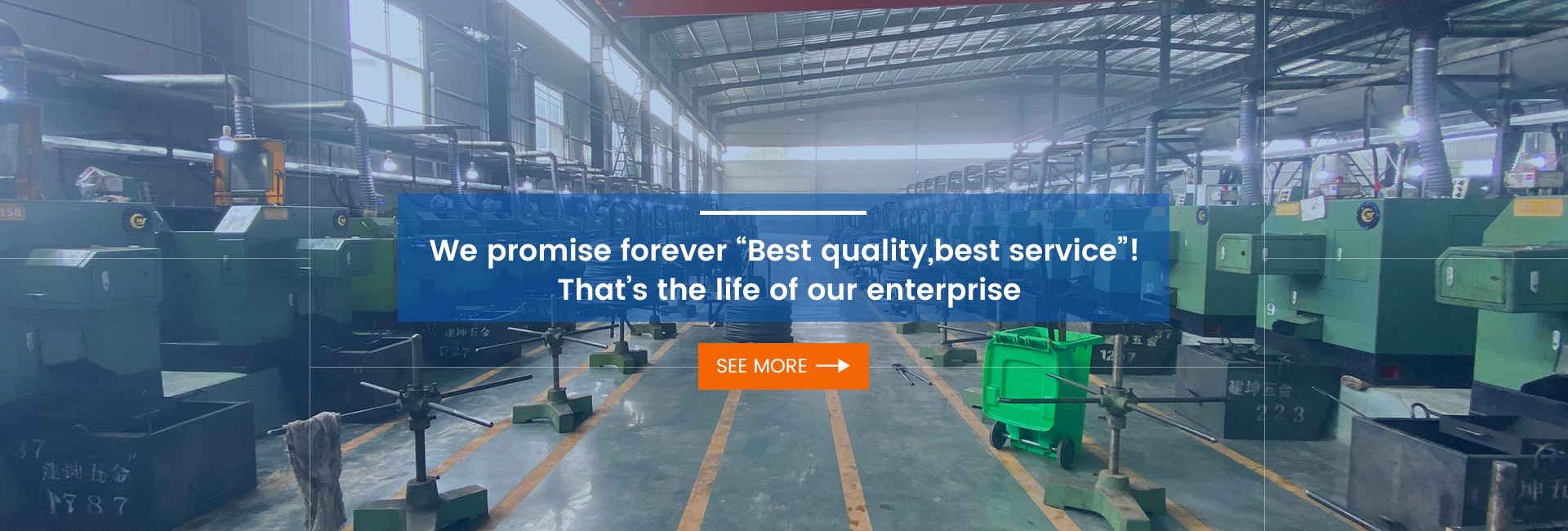In today’s fast-paced construction industry, choosing the right fasteners can make or break a project’s timeline. While both coil nails and strip nails are commonly used, many contractors are turning to coil nails for high-intensity applications due to their superior holding power and reload efficiency.
Coil nails offer a major advantage by reducing the number of reloads needed, which significantly improves job-site productivity. Designed to work seamlessly with pneumatic nailers, coil nails typically provide up to 300 nails per load, making them ideal for high-demand projects like framing, decking, and roofing. In contrast, strip nails hold fewer nails, meaning more frequent reloads, which can lead to downtime and reduced efficiency on the job.
The durability of coil nails also makes them a standout choice. Available in galvanized or stainless steel, coil nails resist rust and corrosion much better than non-coated alternatives. This is particularly important for structures exposed to the elements, such as outdoor decks and residential roofs. The added cost of galvanized or stainless steel coil nails is offset by the longer lifespan they offer, reducing the need for maintenance and repair in the long run.
With the added benefits of smooth feeding and reduced jamming in nailers, coil nails have become a favorite among contractors who value both efficiency and durability. As more construction projects demand fast, reliable, and long-lasting solutions, coil nails are expected to gain further traction in the industry.
Post time: Nov-08-2024



